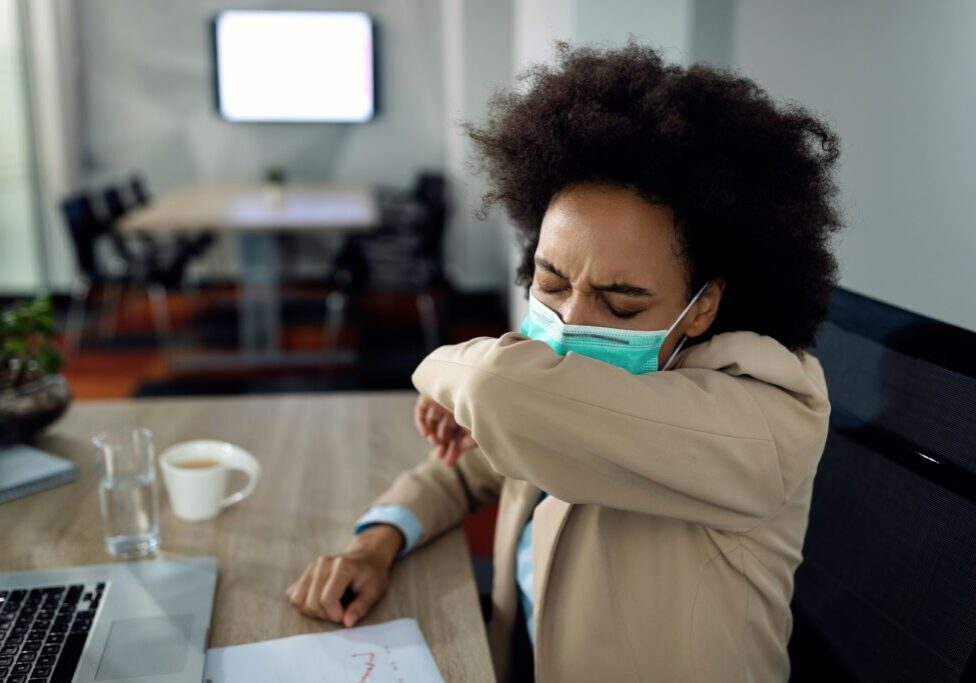Nearly half of Louisiana workers lack access to paid sick days. And, low wage workers are two and three times less likely to have access to paid sick days than higher wage workers. This means those who struggle the most to make ends meet routinely face an excruciating choice between caring for themselves and their families when they get sick or keeping their job. Louisiana can do better.
The coronavirus pandemic has brought national attention to this and other longstanding needs for stronger worker protections and benefits. The ability to stay home when you’re sick without fear of losing your job or facing disciplinary action is essential for workers to comply with Centers for Disease Control guidelines during the current public health crisis. It’s also an important policy to help safeguard and promote public health before a health crisis begins, and a basic worker protection that should be available to all workers regardless of how much they are paid.
Yet, many low wage jobs that put workers in direct contact with the public and therefore at greater risk for disease exposure, are among those least likely to have access to paid sick days. For example, restaurant and retail store workers are among the least likely to be able to take a sick day, though they face high exposure rates to the flu and other contagious diseases, like COVID-19.
Federal legislation helped make up for the absence of a comprehensive national or state sick leave policy during the pandemic. In states where workers newly gained access to paid sick leave through the bipartisan Families First Coronavirus Response Act, there was a reduction of about 400 fewer confirmed cases of Covid-19 per day. This translates into roughly one prevented case per day per 1,300 workers. Unfortunately, these provisions were only temporary.
Research has shown that sick days are a simple and effective policy that benefits public health, workers, families, and businesses:
- Sick days allow workers to stay home and reduce the spread of disease. A survey of worker attitudes and behaviors found those without access to paid sick days were 1.5 times more likely to go to work sick, thus potentially prolonging their own illness and exposing others. The same survey found that nearly 1 in 4 workers reported either losing a job or being threatened with job loss for taking a sick day.
- Workers who have access to paid sick leave are more likely to get routine and preventive medical care for themselves and their families, less likely to use the emergency room for routine care, and more likely to get a flu vaccine for themselves and their children. Parents with access to paid sick days are also more likely to bring their children for well-child checkups and other preventive-care appointments.
- Businesses that provide paid sick leave experience less employee turnover. This is especially true in lower-wage industries like restaurants, where both turnover and exposure to illness are high. It also has been shown to reduce the loss in productivity that occurs when people work while sick, which is estimated to cost the U.S. economy $234 billion annually. The availability of sick days also leads to a healthier and less accident-prone workforce.
Louisiana legislators have a chance to fix this problem
A bill has been introduced this session that would help guarantee that workers don’t have to choose between their health and their paycheck. It would put Louisiana in line with 14 other states and the District of Columbia by establishing a basic statewide sick day policy for workers.
- Senate Bill 289 by Sen. Regina Barrow is a statewide solution. It covers full-time workers with up to 52 hours of sick time per year starting January 1, 2023. Workers would accrue 1 hour of paid sick leave for every 40 hours worked. Workers in businesses with 5 or more employees would receive paid sick time, while people who work in companies with fewer than 5 employees would receive unpaid, job-protected sick time.
Access to paid sick days is an important part of state preparedness for public health emergencies and safeguarding public health more generally. This is also a basic protection that will help workers and their families rebuild stronger and more securely after Covid-19 knowing that if they get sick, they have the time away from work to get better.
– by Stacey Roussel
April 2022
